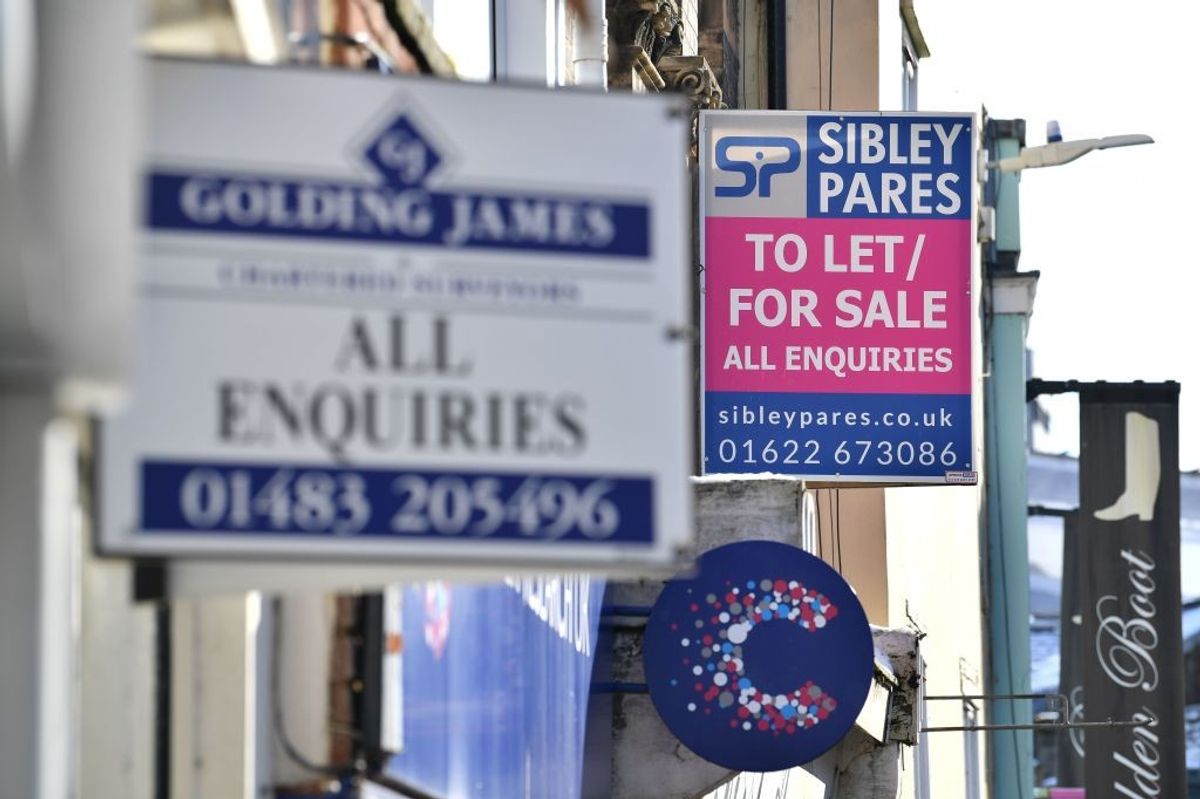Temporary insolvency restrictions protections brought in during the pandemic will be phased out from 1 October, the government said as it announced new targeted measures to support small business and commercial tenants.
Companies in financial distress as a result of the pandemic have been protected from creditor action since June last year, to ensure that viable businesses affected by the lockdowns were not forced into insolvency unnecessarily.
As the economy returns to normal trading conditions, the restrictions on creditor actions will be lifted, the government said.
“The success of our vaccine rollout means we are seeing life and the economy returning to normal with a strong rebound, and the time is right to lift the insolvency restrictions that were needed during the pandemic,” Business Minister Lord Callanan said.
The government added that new measures will be brought in to help smaller companies, giving them more time before creditors can take action to wind them up. This will particularly benefit high streets, and the hospitality and leisure sectors, which were hit hardest during the pandemic.
The new legislation will temporarily raise the current debt threshold for a winding up petition to £10,000 or more and require creditors to seek proposals for payment from a debtor business, giving them 21 days for a response before they can proceed with winding up action.
These measures will be in force until 31 March 2022.
The government noted that businesses should pay contractual rents where they are able to do so. However, the existing restrictions will remain on commercial landlords from presenting winding up petitions against limited companies to repay commercial rent arrears built up during the pandemic.


